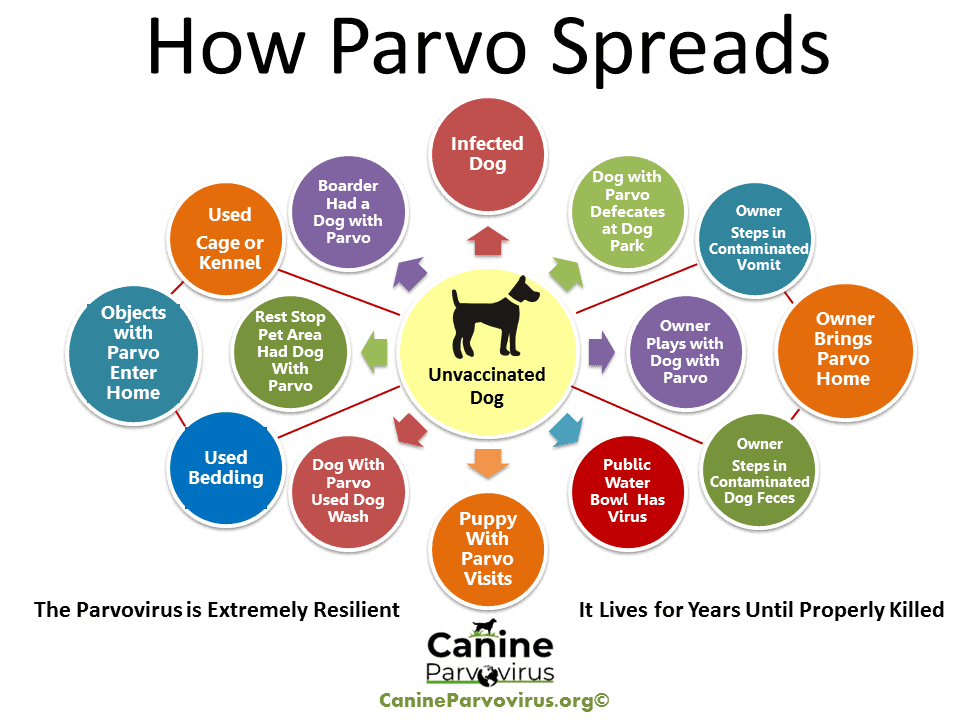When I worked at the Humane Society of Jefferson County I was taught to be fanatical about not allowing visitors to touch the dogs, especially new arrivals. We earned many annoyed glares from people who could not understand why they couldn’t interact with the cute doggos. Especially the puppies: who could resist poking your fingers into the crate and allowing them to lick you fingers?
We were frequently told, “I haven’t been around any sick dogs.” to which a co-worker of mine developed the response, “Have you been to a grocery store or Wal-Mart? If you pushed a shopping cart in there you may have picked up parvo virus from someone who pushed that cart before you did. It is that easy to pick it up and bring it in here. And if you do, that cute puppy could die a horrible death in a couple of days. So, please, don’t touch the dogs.” And she was right: it is that easy.
Even though we vaccinated all dogs against parvo, bordatella, and kennel cough upon entry to our facility, it takes 21 days for a vaccine to develop full immunity in its host. Before then, especially early on, that dog is still susceptible.
Graphic attributed to Canineparvovirus.org.
Parvo virus is a contact-spread disease, not air borne, but the virus is so resilient that it can live on surfaces, in dirt or concrete, or in carpeting and upholstery for very long periods. It can withstand extreme temperatures. It can be killed, but not by regular household cleaners. (Cleaners that kill parvo) And as mentioned above, you don’t have to have direct contact with an infected dog to pick it up and spread it around.
You could step in the feces or vomit of an infected dog and bring it into your home. Your dog could contract the virus from a public water source shared by other dogs. An infected dog could rub its nose or drool on a chair. This may dry, but if you sit on that chair, you could still pick up the virus on the seat of your pants and transfer it to your car, and the furniture in your home. Keeping the virus out of your home and away from your dog may be impossible. So the best defense is to vaccinate your dog.
If your dog contracts parvo virus it has a good chance — 80% — of survival if it is caught and treated early. The common form of parvo is the intestinal form, which is characterized by vomiting, bloody diarrhea, weight loss and lack of appetite (anorexia). (More) If untreated or let go too long, parvo has a 90% mortality rate. If you see any of these indications in your dog, see your vet as soon as possible!
And if you go window shopping at a local kennel or shelter, please don’t get grumpy if the staff asks you, “Please don’t touch the dogs.”




